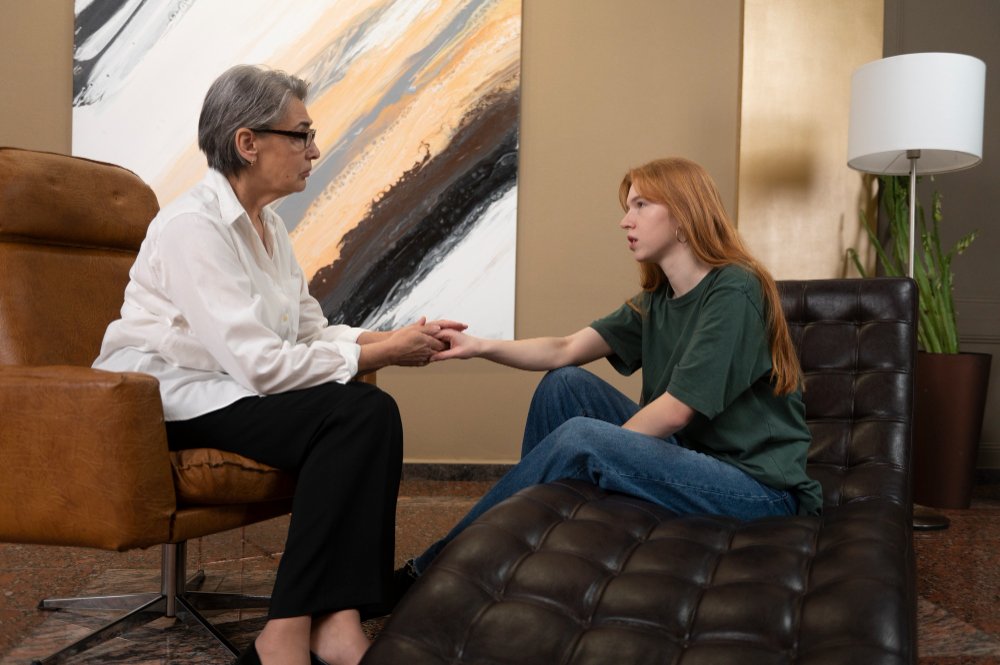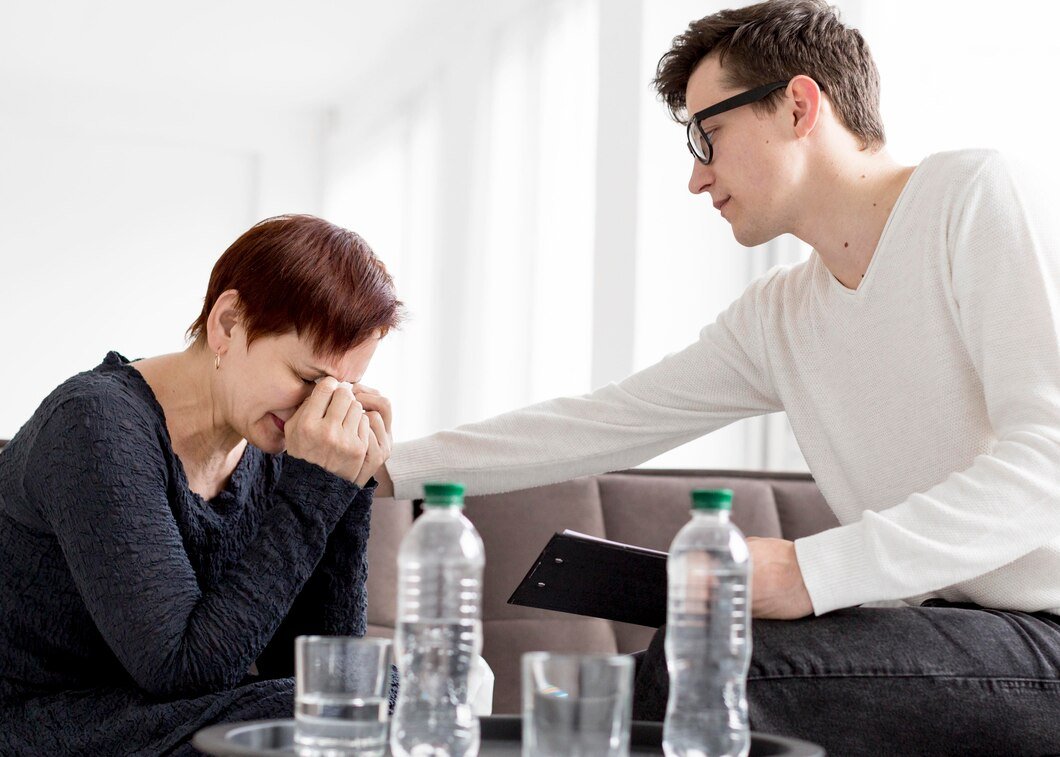CBT (Cognitive Behavioral Therapy) is actually one of the most effective treatments for phobias. Here’s how it helps:
Understanding the Fear (Cognitive Part)
CBT helps you:
- Identify distorted thoughts: People with phobias often overestimate danger. For example, someone afraid of dogs might think, “All dogs are dangerous and will bite me.”
- Challenge those beliefs: CBT teaches you to question these thoughts with evidence. “Not all dogs are aggressive. I’ve seen calm dogs in the park.”
Facing the Fear (Behavioral Part)
- Exposure therapy: This is a key part of CBT for phobias. It means gradually and repeatedly facing the feared object/situation in a controlled way.
- Example: If you’re afraid of flying, exposure might start with looking at pictures of planes, then visiting an airport, and eventually taking a short flight.
- Desensitization: Over time, your anxiety decreases as your brain learns that the feared situation isn’t actually dangerous.
Skills You Learn
- Relaxation techniques (e.g., deep breathing)
- Coping strategies for anxiety
- Replacing negative self-talk with rational thoughts
Why CBT Works for Phobias
- It’s structured and goal-oriented.
- It targets the root of the fear (thoughts + behaviors).
- It empowers you to face fears instead of avoiding them, which is what often maintains the phobia.




